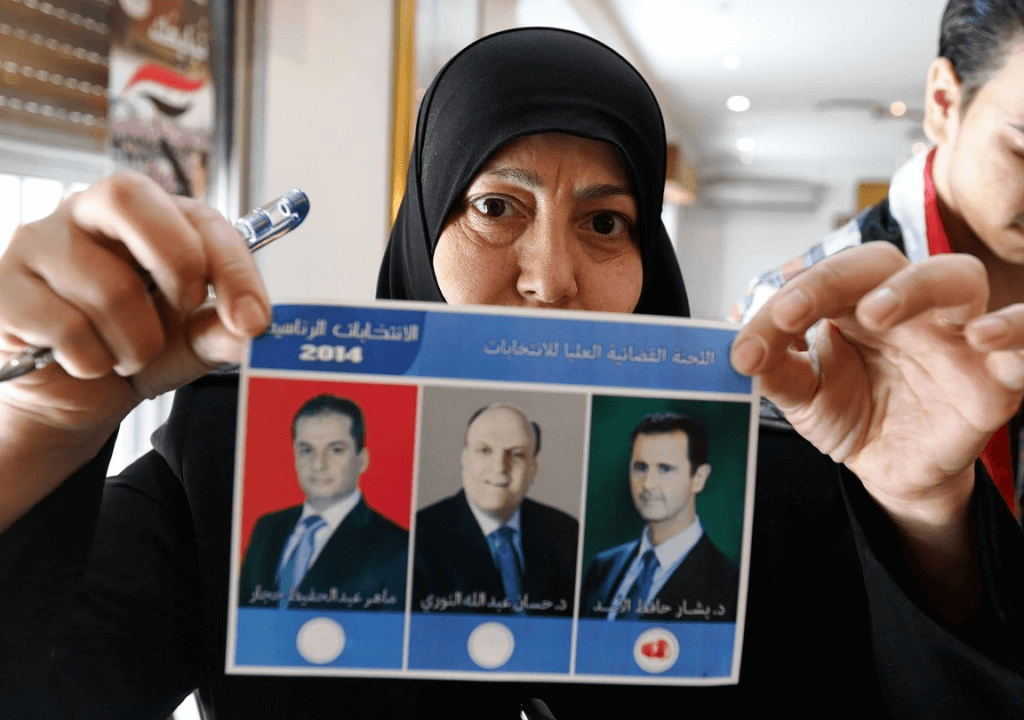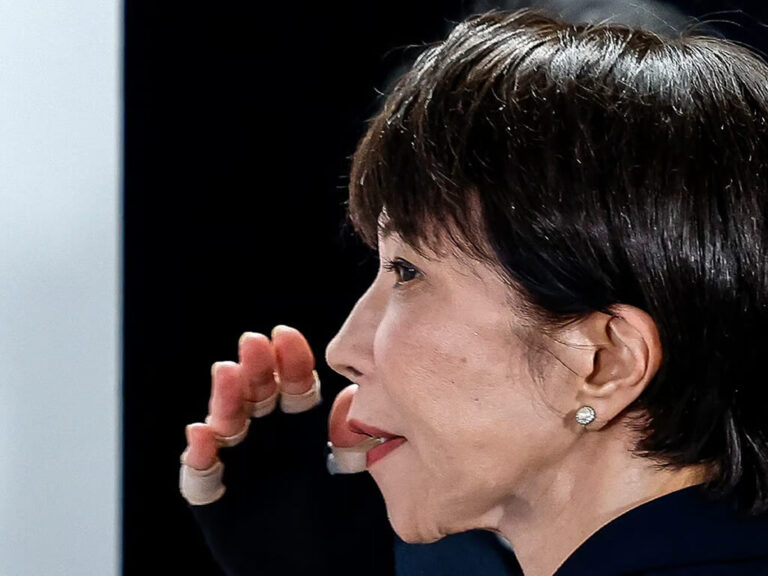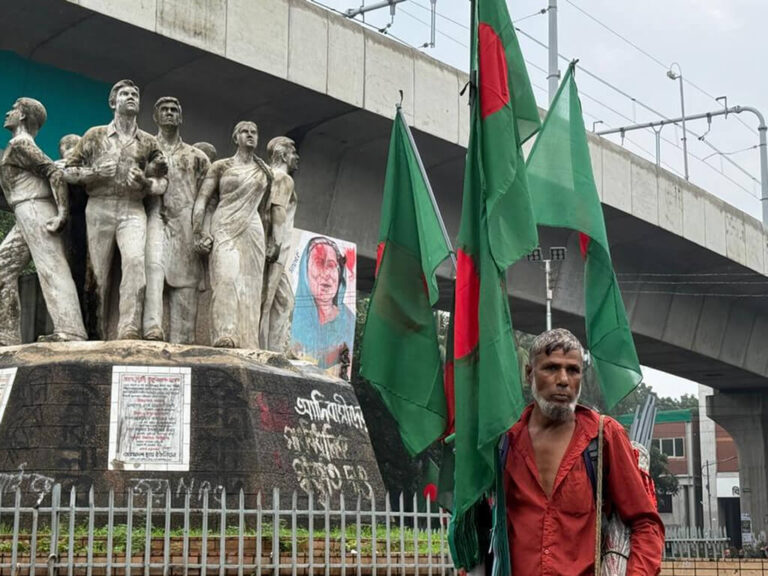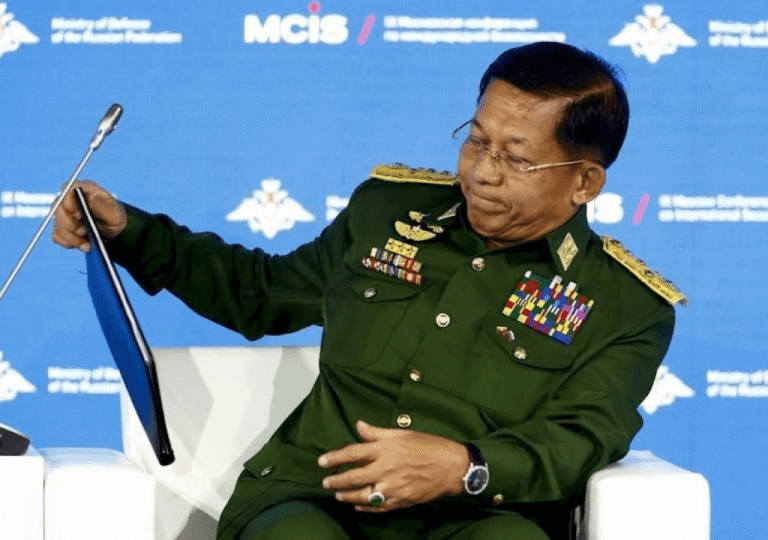The Syrian Arab Republic, a country under the dictatorship of Bashar al-Assad, is in ruins. Assad, who has been president since 2000, does not appear to be stepping down anytime soon. Despite his hunger for power having destroyed the country, split it apart, and caused people to be exiled, he remains in control. Even though he is authoritarian, he loves elections. He always conducts elections on time, but makes sure it favors him. Last Monday, he conducted a parliamentary election for the 250 seats. Undoubtedly, the election is designed to favor Assad’s party, the Ba’ath Party, which has been in power since the 1963 coup d’état. They even hold reservations, making it easy to gain a majority. Opposition parties in parliament do not have much influence and are mostly aligned with Assad. The real opposition is at real war with the Assad regime. Election results have not come out yet, as time is needed for manipulation, because the new parliament has the duty of amending the constitution to remove the presidential term limit, favoring Assad to rule as long as he wishes.
This time, 1,516 candidates approved by the government are competing for the 250 seats in the People’s Assembly. Approximately 8,151 polling stations were set up in 15 voting districts within government-held areas. The competitive part of the Syrian election process occurs before the polling starts, when a voted-on list of Baath Party candidates is sent to the party’s central command, allowing them to run in the election. The elections are essentially decided once the Baath Party list is finalized. Once the list is completed, we can check the results, and you will see that almost all of them will be in Parliament. To the public’s advantage, the number of incumbents who made the final list this year was relatively low, suggesting a reshuffling within the Baath Party. Western countries and Assad’s critics have no doubts that the polling in government-held areas in Syria is neither free nor fair.
While Syria faces many war-driven issues, the economy is the main topic of discussion among the public during the election. The poll took place as Syria’s economy continues to deteriorate after years of conflict, Western-led sanctions, and dwindling aid due to donor fatigue. The value of the national currency against the dollar has reached new lows, sparking food and fuel inflation and making the country one of the toughest places to live on earth. Almost a year ago, the government partially rolled back its subsidy program to save the economy, while the government doubled public sector and pension wages to keep officials and influential civil servants on their side. In the Druze-majority southern province of Sweida, anti-government protests have occurred regularly for nearly a year due to economic misery, leading many to call for a boycott of the polls. Nevertheless, candidates primarily emphasized general slogans such as national unity and prosperity.
After casting his ballot in Damascus, Assad spoke to reporters about the vote and how parliament could serve as a platform for national dialogue in the country. This remark could be marked as one of the most ironic comments of the year. This vote marks the fourth in Syria since mass anti-government protests in 2011, originally a call for democracy that escalated into an ongoing civil war. Syria’s 2024 parliamentary election excludes rebel-held northwest Syria and the country’s northeast, which is under the control of the U.S.-backed, Kurdish-led Syrian Democratic Forces. Notably, unlike presidential elections, millions of diaspora Syrians, whose numbers have significantly increased since the civil war, are not eligible to vote for legislators, ensuring that only those favorable to the regime will cast votes. Therefore, it’s an election merely for the sake of having one. Congratulations, Assad; we don’t even need the results to be published.








